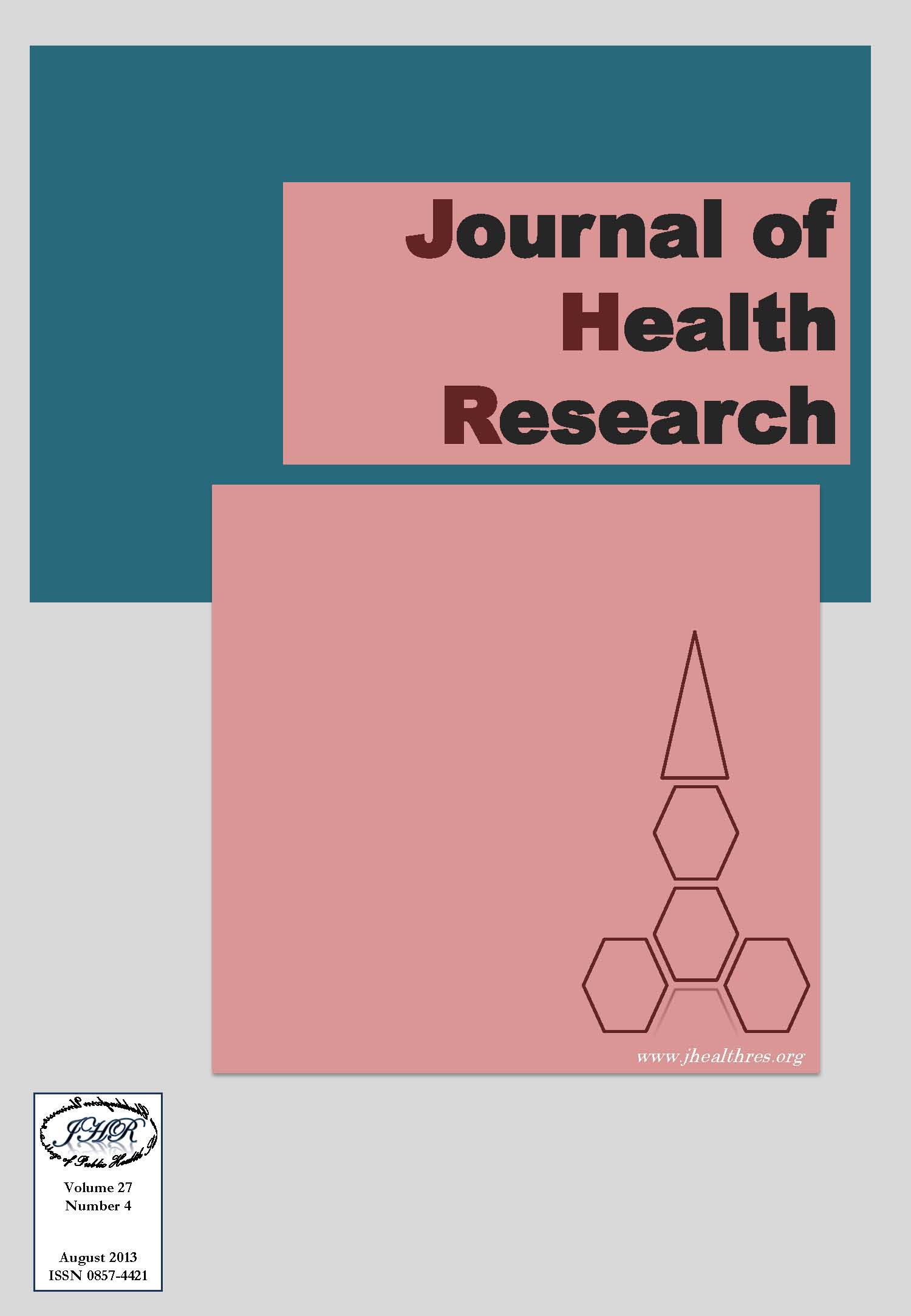Factors Predicting Medication Adherence among Thai Post Myocardial Infarction Patients
Keywords:
Medication adherence, post myocardial infarctionAbstract
Medication adherence is vital for post myocardial infarction patients to maintain their health. Poor medication adherence often is ignored and linked to increased adverse outcome. The literatures in Thailand found that factors related to medication adherence remain unclear. Based on the theoretical and empirical literature, the World Health Organization’s multidimensional adherence model can explain the relationships among proposed variables to medication adherence. A study conducted on factors predicting medication adherence is needed before developing the intervention for patients in this group to reduce morbidity and mortality, and improve quality of life. The aim of the study is to examine the predictive ability of education level, financial status, social support, symptom severity, depression, barriers, knowledge, and self-efficacy on medication adherence in Thai post myocardial infarction patients. A descriptive–correlational study was conducted to examine whether the potential factors can predict medication adherence among post myocardial infarction patients in Thailand. In all 233 post myocardial infarction patients were recruited from large teaching hospitals from all regions of Thailand. All research instruments were tested for psychometric properties and met the criteria for appropriate psychometric testing. Data were analyzed using multiple regression. The mean score of medication adherence (=18.39, SD=1.84) was close to the maximum score of 20. Only two variables were significant predictors. Self-efficacy had a significant positive effect on medication adherence (β=.34, p< .01). Depression was significantly negatively correlated with medication adherence (β= -.18, p< .01). These two variables accounted for 18% of the explained variance in medication adherence (p< .01). When designing effective nursing interventions, nurses should encourage self-efficacy on medication adherence. Additionally, nurses should identify or have awareness of depressive symptoms in this group in order to enhance medication adherence so as to decrease severity of disease and improve quality of life.







